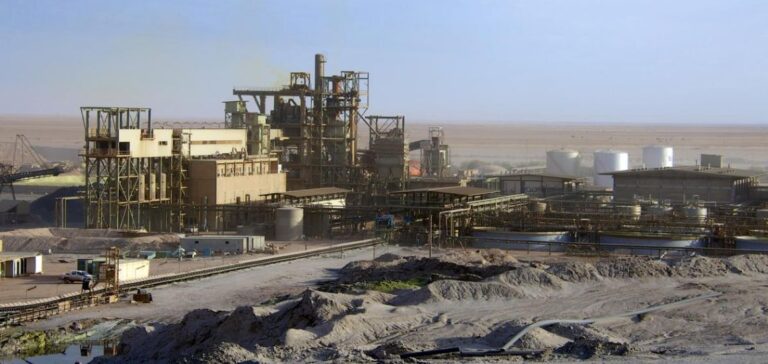Orano’s situation in Niger remains complex, with highly uncertain prospects for the restart of its mining operations in the country. The French group, a specialist in nuclear fuel, has expressed doubts about a quick restart of its uranium site at Somaïr (Société des Mines de l’Air), which has been on hold since the political instability caused by the military coup in July 2023. According to Orano’s CEO, Nicolas Maes, the current situation could result in a delay of several years before the mine fully restarts.
At the end of 2024, Orano was forced to remove from its accounts its three main mining subsidiaries in Niger, namely Somaïr, Cominak (Compagnie des Mines de l’Akokan), and Imouraren. This decision followed interference by the Nigerien authorities in the management of these subsidiaries, resulting in a complete loss of operational control over these mining sites. Orano still holds majority stakes in these companies (63.5% in Somaïr, 69% in Cominak, and 63.5% in Imouraren), but local authorities have altered the terms of operation, deeply affecting the profitability and stability of the operations.
Challenges in restarting the Somaïr mine
The Somaïr site, one of the oldest uranium producers in Niger, is facing a very difficult financial situation after being paralyzed by local politics. Orano is facing administrative blockages that prevent the shipment of 1,300 tonnes of uranium concentrate stored on-site. These tonnes represent a market value of 250 million euros, but the Nigerien authorities have not authorized their export. This critical financial situation makes it virtually impossible to restart operations, as the mine no longer has revenue to pay its creditors and 780 employees.
Orano has estimated that, if an agreement were reached with the authorities, it could take up to two years to restart operations at the mine. However, the group highlights the complete lack of communication with the government since the 2023 coup. The military junta in power in Niamey, which emphasizes national sovereignty, seeks to revise the terms of natural resource exploitation by foreign companies, particularly Orano, which has been extracting uranium in the northern part of the country since 1971.
Suspension of rehabilitation works at the Cominak mine
Regarding Cominak, Orano has also faced significant difficulties. The uranium mine, closed in 2021, is undergoing rehabilitation work. However, due to the loss of control over the subsidiary, these works have been suspended. Orano clarified that although the company can no longer carry out these works, it believes it has an obligation to finalize the rehabilitation process. To this end, Orano decided to maintain a provision of 70 million euros, initially allocated by Cominak for the rehabilitation works. This decision is in addition to the 193 million euros of depreciation and provisions recorded by the group for its other mining activities in 2024, notably at the Imouraren and Somaïr sites.
Orano, whose activities in Niger have undergone a major reassessment, is trying to manage the financial implications of this situation while maintaining its obligations to the Nigerien authorities and local employees. However, the future of uranium mining in Niger remains uncertain.






















